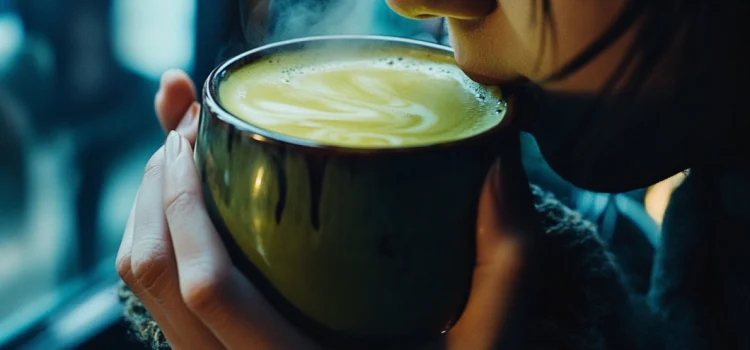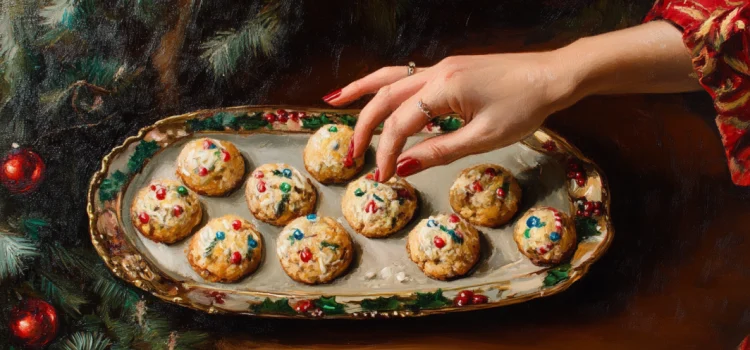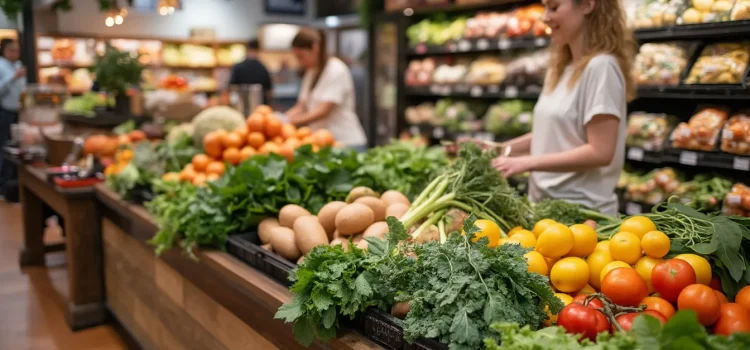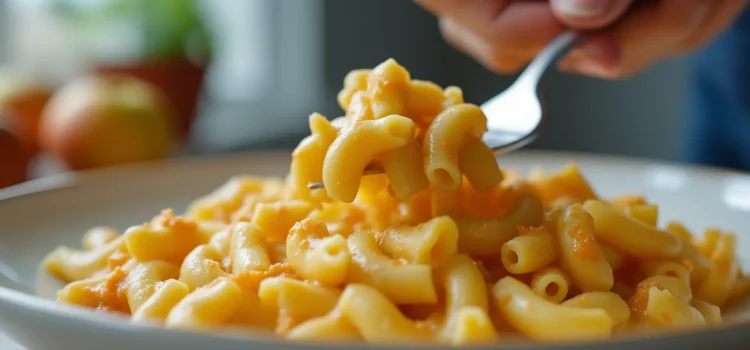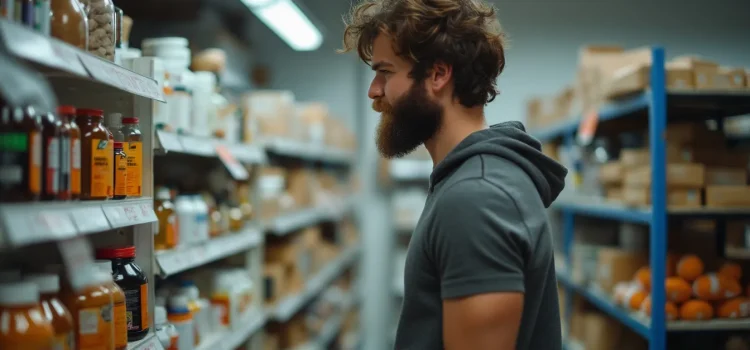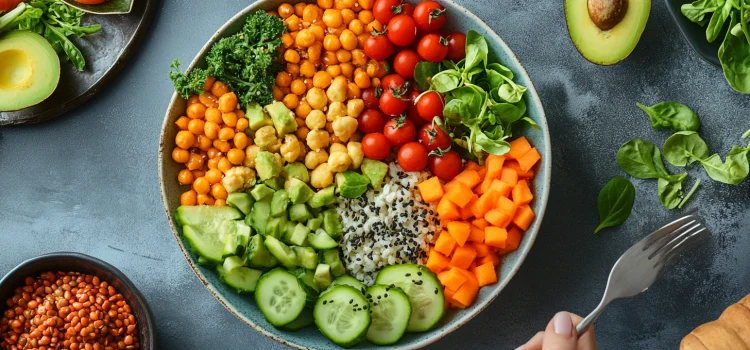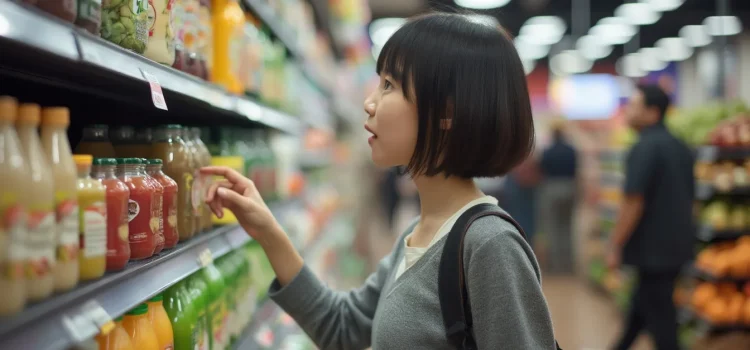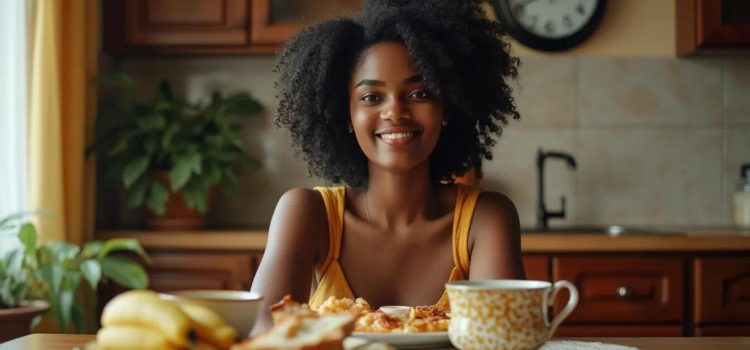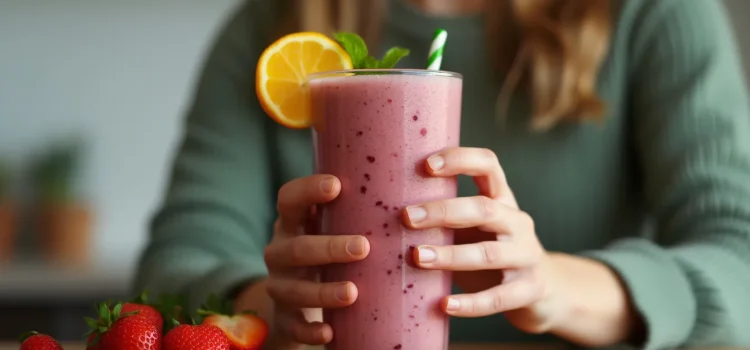Do green tea and matcha make you lose weight? What are the health effects of drinking green tea daily? Are there any risks? Green tea and matcha are taking over the internet due to their apparent weight loss benefits. While green tea does boast many benefits, there are some health concerns that arise if you drink it in excess or take it as a supplement. Here’s a look at the pros and cons of green tea and matcha.
Pros and Cons of Green Tea: Is It Really “Nature’s Ozempic”?
